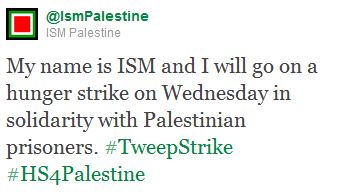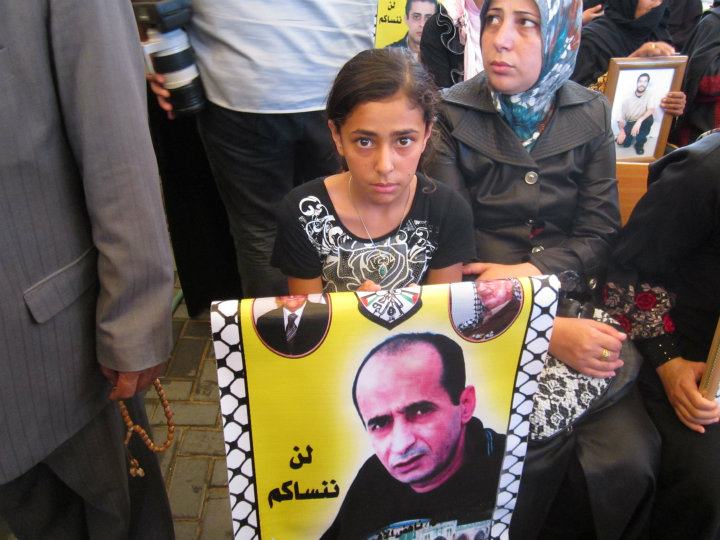Tag: Gaza
-
#TweepStrike: A call from Gaza to support Palestinian prisoners
11 October 2011 | The Electronic Intifada, Rana Baker In solidarity with Palestinian prisoners held under harsh conditions in Israel’s jails, a new twitter trend emerged today from Gaza. The trend is #TweepStrike and is an open invitation to everyone across the globe to go on a hunger strike on Wednesday Oct. 12th. A few months…
-
Gaza: Planting in something dead
5 October 2011 | International Solidarity Movement, Gaza Around Gaza is a 300 meter “buffer zone,” a no go zone, a land of death. Gaza is not just a prison, it is a shrinking prison. Every time that Israel expands this zone, Gaza gets a little smaller. Every Tuesday, the Beit Hanoun Local Initiative and…
-
Gaza protest supports Palestinian prisoners on hunger strike
3 October 2011 | International Solidarity Movement, Gaza Today over a thousand Palestinians converged on the International Committee of the Red Cross building in Gaza, Palestine, continuing a tent protest that began outside the walled compound yesterday and bolstering a weekly sit-in by the families of Palestinian detainees in Israeli prisons. These events began a…


